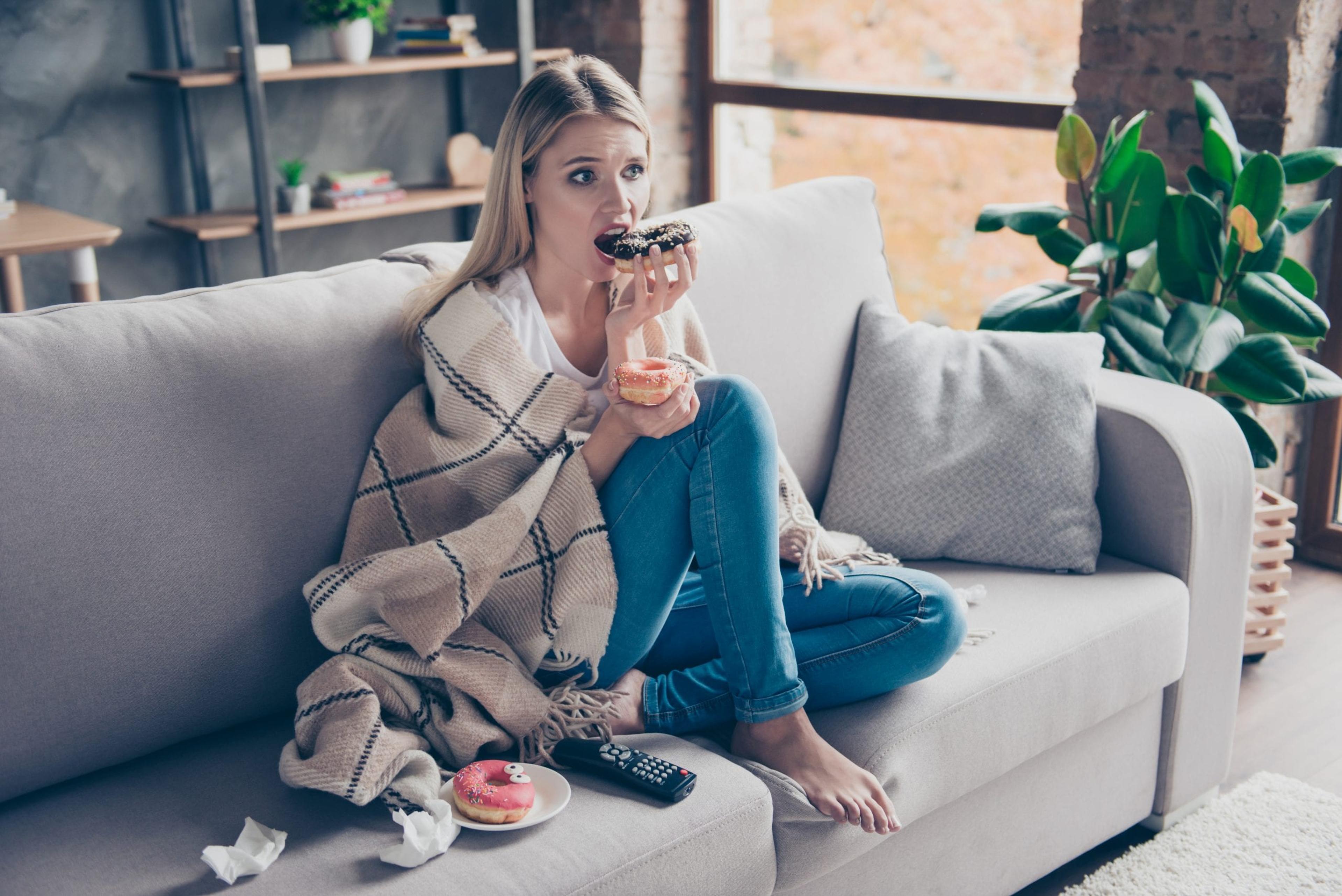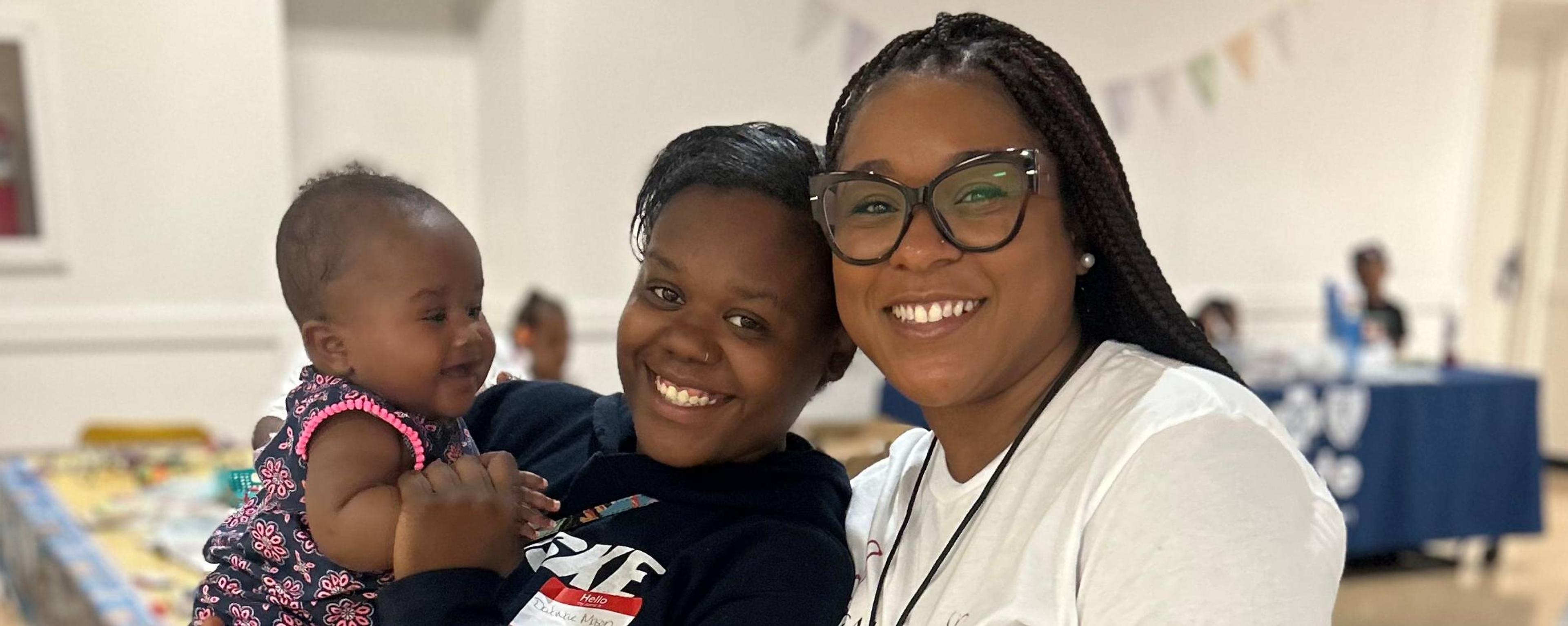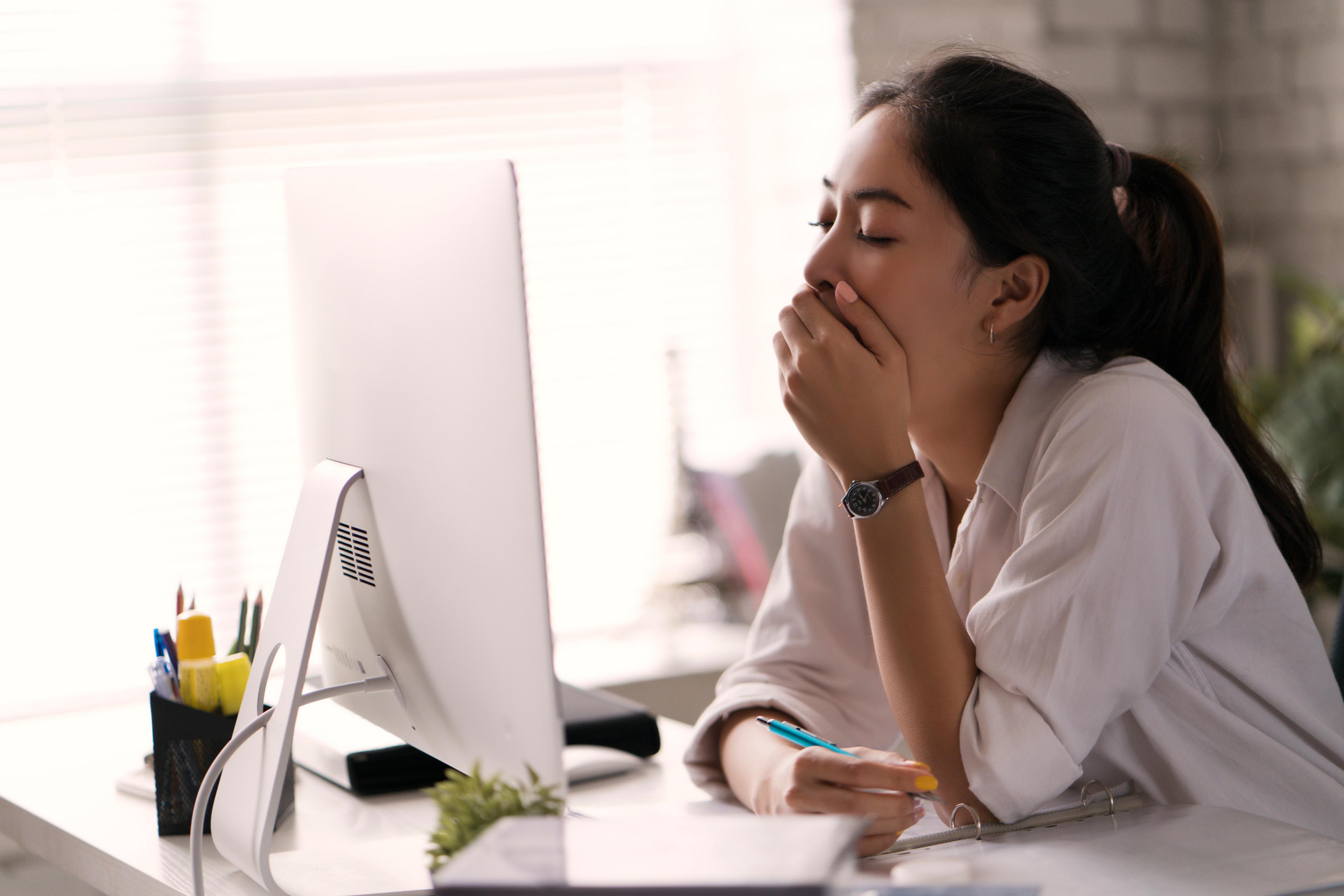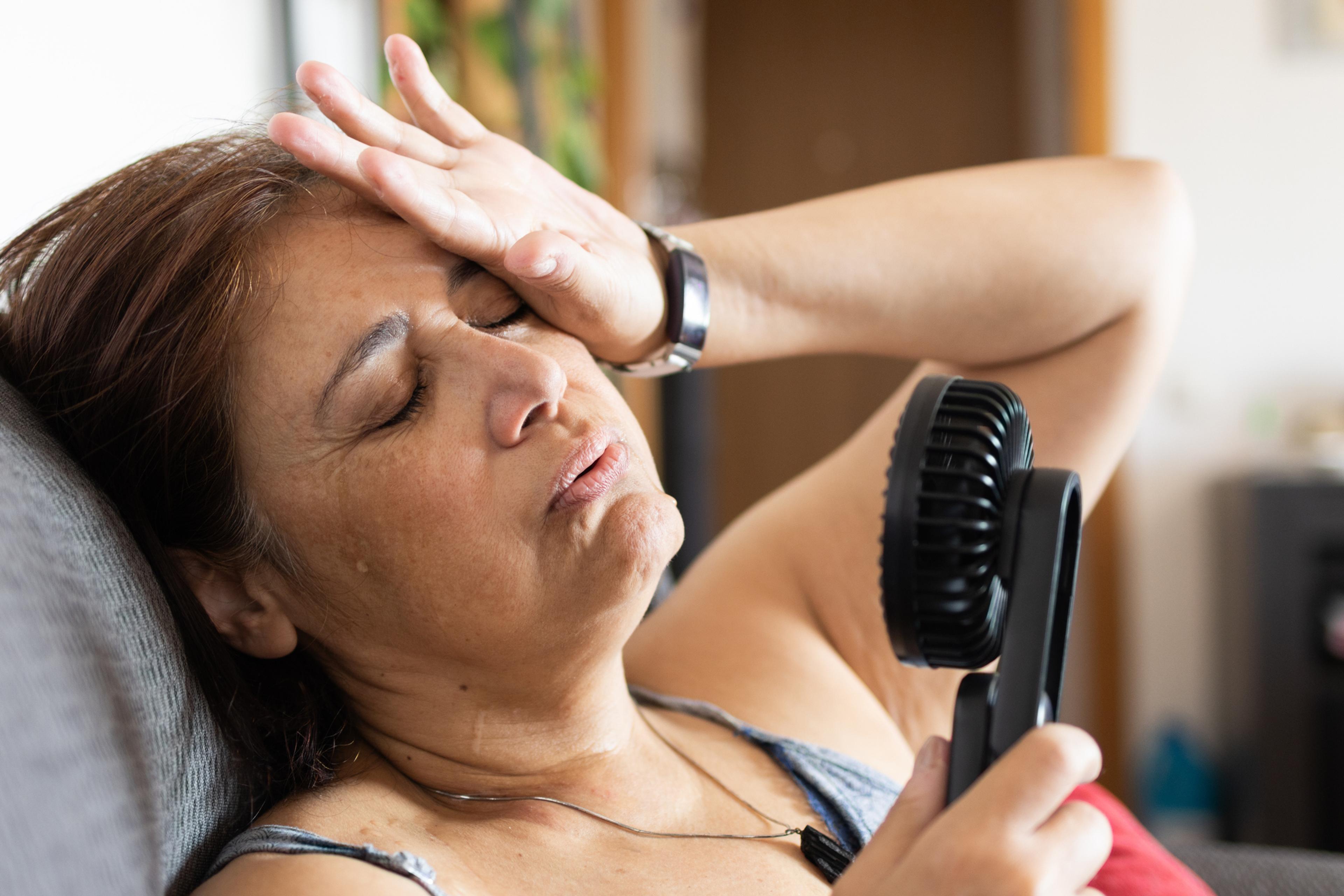
You might have noticed some trends during the pandemic, from the “Quarantine 15” weight gain to skyrocketing wine and beer sales. Both may be indicators that we are dealing with our triggers — stress and otherwise — by overeating and overdrinking. These behaviors can lead to long-term health issues. On this episode of the A Healthier Michigan Podcast, hosted by Chuck Gaidica, he and Dr. William Beecroft, Medical Director of Behavioral Health for Blue Cross Blue Shield of Michigan, discuss how to deal with what is driving our emotional eating.
Our bodies’ response to anxiety and depression — or even just being in a funk — is to release more serotonin, which is the underpinning of the neurochemistry of emotional eating. “Many of the foods that we eat are the precursors to that serotonin chemical in your brain,” said Dr. Beecroft. “We crave those, and we do get symptomatic relief on a relatively quick basis, sometimes even five or 10 minutes after you’ve eaten something that's high-calorie, like an Oreo.”
What You Can Do
Unless you’re continuing to resupply those chemicals to be able to help keep that serotonin level high, you’re going to then drift back in that space and be even more tired. Fortunately, there are healthier options. Dr. Beecroft suggests choosing a protein-laden snack or meal because protein takes longer to ramp up in your system. You don’t get a sugar buzz or the massive calorie intake from fat-containing foods. Another technique that has worked with his patients is writing a series of physical activities on notecards — such as walking, biking, swimming, or even housework — that gets them physically moving for about 60-90 minutes. “That’s enough time for your brain to really start getting into a different rhythm, a different way of thinking,” said Dr. Beecroft. “As your left brain is busy doing the activity, your right brain continues to think, and you come up with different ideas. By the time you move on, you’re not thinking about being hungry anymore. You’re not thinking about the worry, the anxiety that you had. If you are, pick up the next notecard that has another series of activities on it, and do them. Most of the time, people feel better after that first one and they can really start to get back into a rhythm and get on with the rest of the day.” Listen to the A Healthier Michigan podcast to hear the entire conversation. Related:
- Emotional Eating on the Rise During the Pandemic
- “COVID-somnia”: Pandemic Tied to Increase in Sleep Disturbances
- Physical Effects of Anxiety and Depression
Photo credit: Getty





